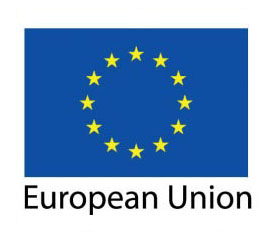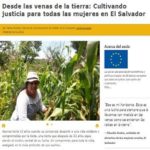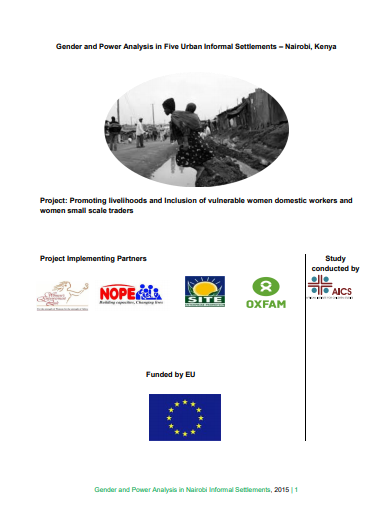Location
The European Union is a unique economic and political union between 28 European countries that together cover much of the continent.
European Union
The EU was created in the aftermath of the Second World War. The first steps were to foster economic cooperation: the idea being that countries that trade with one another become economically interdependent and so more likely to avoid conflict.
The result was the European Economic Community (EEC), created in 1958, and initially increasing economic cooperation between six countries: Belgium, Germany, France, Italy, Luxembourg and the Netherlands. Since then, a huge single market has been created and continues to develop towards its full potential.
Members:
Resources
Displaying 11 - 15 of 52Remote sensing monitoring of land restoration interventions in semi-arid environments with a before–after control-impact statistical design
Restoration interventions to combat land degradation are carried out in arid and semi-arid areas to improve vegetation cover and land productivity. Evaluating the success of an intervention over time is challenging due to various constraints (e.g. difficult-to-access areas, lack of long-term records) and the lack of standardised and affordable methodologies. We propose a semi-automatic methodology that uses remote sensing data to provide a rapid, standardised and objective assessment of the biophysical impact, in terms of vegetation cover, of restoration interventions.
Desde las venas de la tierra: cultivando justicia para todas las mujeres en El Salvador
Esta nota presenta la historia de Claudia, quien desde pequeña ha abogado por los derechos de las mujeres rurales en El Salvador.
Gender and Power Analysis in Five Urban Informal Settlements – Nairobi, Kenya
The World Bank (2015) classifies Kenya as a lower middle income country and one of East Africa‘s fastest growing economies. According to Society for International Development (SID) however, Kenya remains one of the most unequal societies when compared to of Uganda and Tanzania (SID, 2004). Inequality therefore remains a key challenge to Kenya. In order to respond to this challenge, there is need for a clear understanding of the causes, nature, effects and manifestations of socio-economic inequalities (SID, 2006).
Addressing the Human Rights Impacts of ‘Land Grabbing’
Discusses the human rights issues raised by large-scale land deals for plantation agriculture (‘land grabbing’) in low and middle-income countries. Finds that it is a serious issue requiring urgent attention. Conceptualises the link between land deals and human rights, reviews relevant international human rights law and discusses evidence on actual and potential human rights impacts. Finds that important human rights dimensions are at stake and that compressions of human rights have been documented in some contexts.
Situación de las mujeres rurales pobres en Honduras y su acceso a la tierra y el crédito
Con el propósito de aportar evidencias concretas que respalden las acciones y mensajes de la campaña “Cosechemos justicia para las mujeres del Campo”, se ha realizado este estudio que aporta datos cuantitativos y cualitativos sobre la realidad de las mujeres rurales y el apoyo que
brinda el Estado de Honduras para garantizarles acceso a la tierra, crédito y asistencia técnica.







